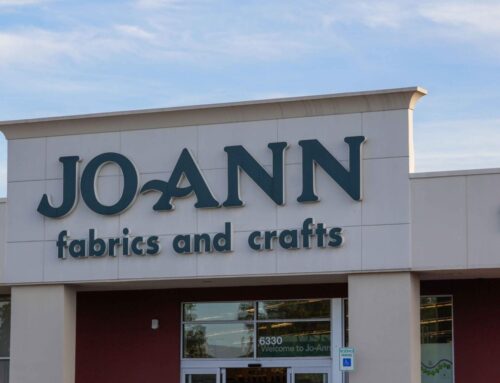Next time a panhandler asks you to pony up some change, think twice
Urban neighborhoods bring urban challenges, and the challenge facing the merchants and customers at the Lakewood Shopping Center is about as urban as challenges get.
What do you do when panhandlers take up residence there?
“We have such a giving heart in Lakewood, and we understand why people want to help them by giving them money,” says Patty Zesch, the business development officer for Republic Title and a member of the Lakewood Business Association. “And these people need help. But there has to be a better way of helping them than that.”
That’s because this particular group of panhandlers has a reputation, say Dallas police, for aggressive and sometimes criminal behavior. The cast may vary from two or three a day to a couple more (panhandlers aren’t very good at punching time clocks and regularly showing up for work), but the result is the same. When they’re there, say police and merchants, there seems to be an increase in break-ins, vandalism, theft and the like. Talk to a neighborhood merchant, and each has a story — a busted shop window, customers being harassed, cars and trucks broken into.
In one respect, this is nothing new. Lakewood’s proximity to downtown and Deep Ellum makes it a convenient place for panhandlers to set up shop. The shopping center, police say, is just a couple of bus stops away from the shelters, bridge underpasses and vacant lots where many of the panhandlers live. And long-time residents can recall any number of colorful sorts who have wandered our streets and alleys, asking for spare change and looking for empty cans and bottles.
What’s new this time, and especially since early spring, is that these guys aren’t colorful. They have become such an irritant that the cops have assigned two officers to include the shopping center on regular patrols, with an eye toward inhibiting the panhandlers. But given the legal, constitutional and bureaucratic issues involved, that may not be enough.
It’s not a crime to wander around city streets in a daze, no matter how many ordinances the mayor pushes through the City Council. All the police can do is issue a citation, and only if they actually catch someone in the act of panhandling.
Complicating matters even more, the Lakewood Shopping Center itself is in the police department’s central patrol division, while most everything north of that is in the northeast division. This means a panhandler can move across the street and still be in the neighborhood, but be listed on a completely different set of crime statistics. That confusion makes it more difficult to identify the problem and devote sufficient resources.
So what’s the neighborhood to do? The goal, Zesch says, is to make sure the panhandlers get the help they need, which will take them off the streets. The merchants also understand they’re probably going to have to do this without much more help from the cash-strapped police department (and many also understand that in the greater scheme of things, there isn’t much else the police can do). There has been some discussion of redrawing patrol division boundaries to include everything up to Richmond in the central division, and that would clear some bureaucratic hurdles.
Otherwise, the merchants know they will have to go it alone. Their plan has several points, including working with merchants in Deep Ellum, who have long had similar problems. Among the topics under discussion are helping to fund a homeless shelter, which could be part of the city’s 10-year plan to help the homeless get off the streets.
For the time being, though, the merchants are set on publicity — reminding their customers and other shopping center visitors that panhandling is illegal and that they shouldn’t give the panhandlers any money. Expect to see signs in stores and in the parking lots saying just that.
The easy solution, merchants say, would be to hire some rent-a-cops and run every undesirable out of the area. But that’s not really the neighborly thing to do or the Lakewood thing to do. That’s something the merchants certainly understand.





